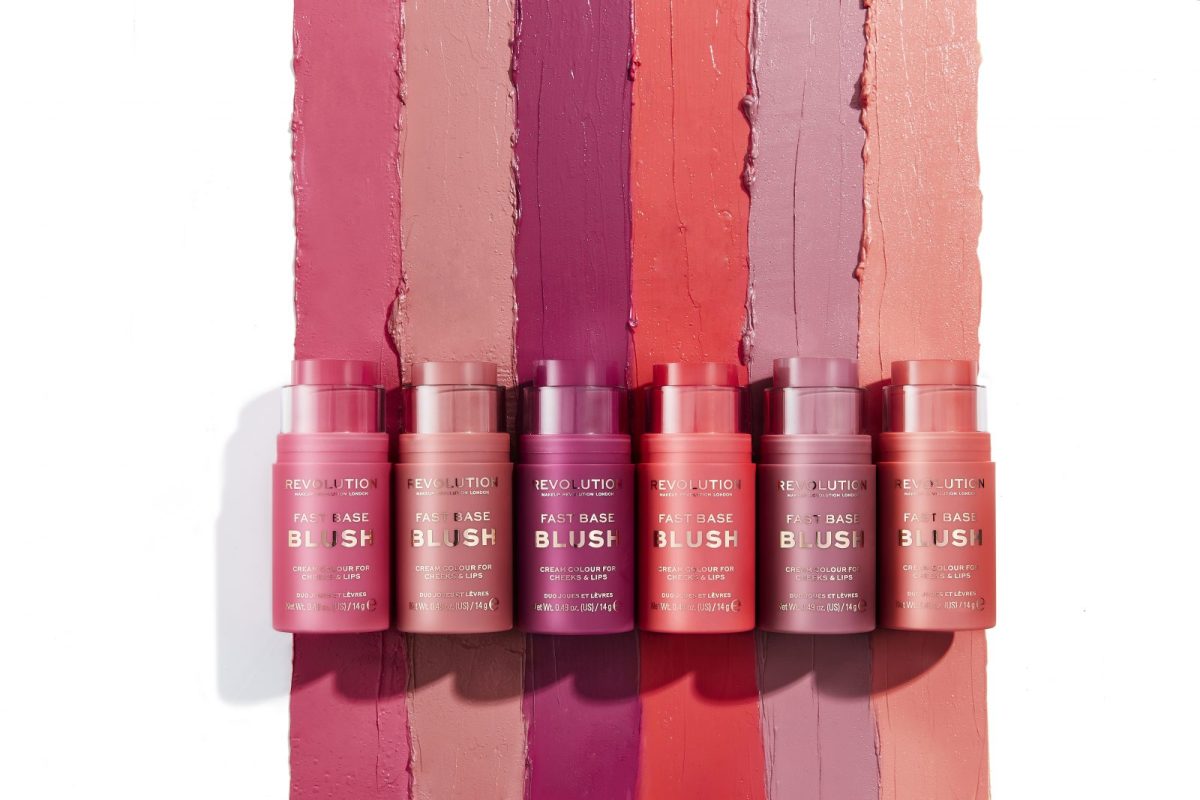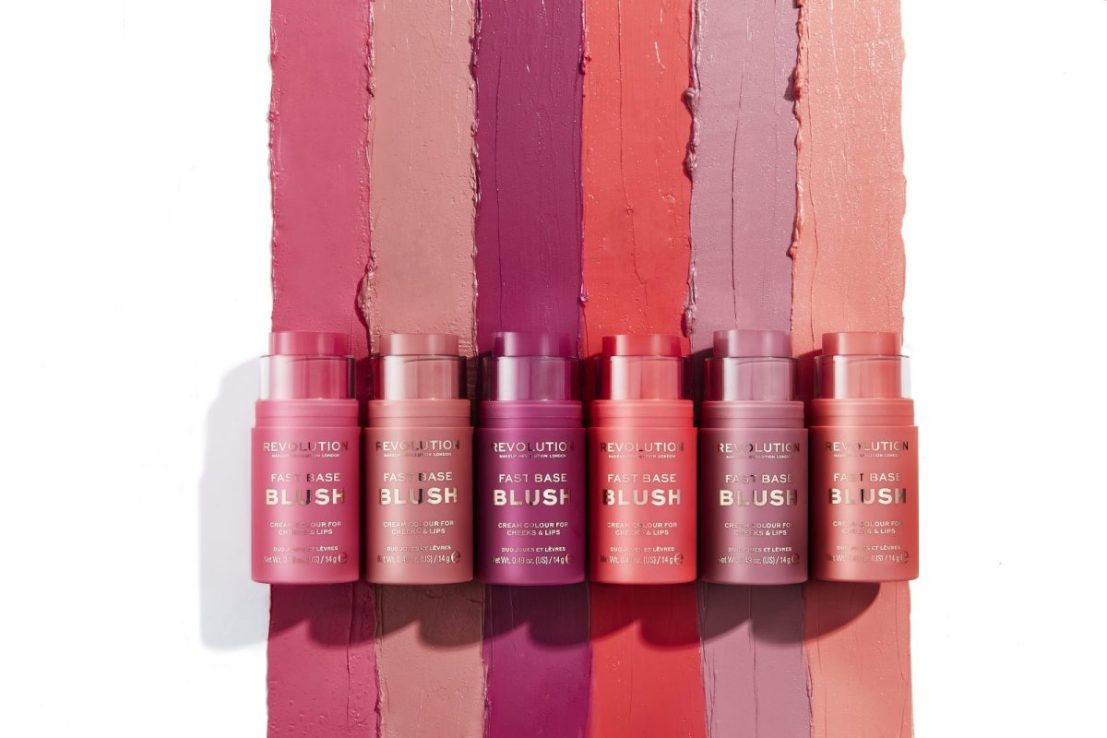Revolution Beauty raises guidance as it ploughs ahead with growth plans
Scandal-stricken Revolution Beauty has raised its profit guidance for the year, as it ploughs ahead with plans to reach £1bn in retail sales over the next six years.


Scandal-stricken make up firm Revolution Beauty has raised its profit guidance for the year, as it ploughs ahead with plans to reach £1bn in retail sales over the next six years.
The board of the cosmetics company expects to bring in adjusted EBITDA (earnings before interest, taxes, depreciation, and amortization) of at least £12.5m and revenue growth of approximately two per cent for the year.
This compares to the previous guidance of adjusted EBITDA of between £11m and £12m and revenue growth of low single digits.
Lauren Brindley, the firm’s newly-appointed chief and former Boots executive, said: “It is early days, but we are already seeing positive impacts from the new strategy, including an encouraging response from our major customers and good progress on our cost savings programme.
“Our focus on driving sales from our more profitable brands is starting to deliver, with double-digit growth in sales of our core “Revolution” Masterbrand versus the second half of FY 2023.”
Last month the firm laid out ambitious growth plans for the business. This included reaching £1bn in retail sales by 2030 and said it wants to become one of the top five beauty players worldwide.
Revolution also launched a £10m cost saving programme.
At the time, Brindley, who was drafted in after former boss Bob Holt left as part of a settlement agreement with its top shareholder Boohoo, said she wants to take the brand “back to its roots”.
It comes as the firm is trying to draw a line under a number of internal scandals, including an accounting probe which led to its shares being suspended.
Revolution said its founder and former boss Adam Minto would have to pay £2.9m to settle the claim.
Revolution Beauty had its shares suspended in 2022 for a number of months after an investigation found that it had falsely inflated its sales figures.
Minto still owns more than 15 per cent of the company.


